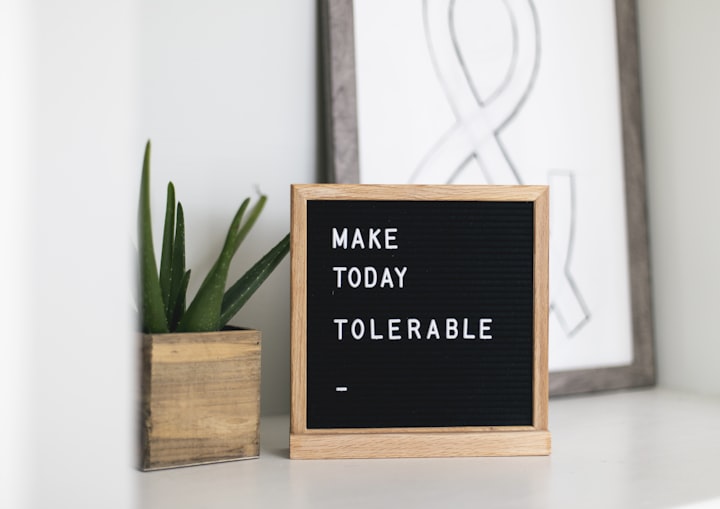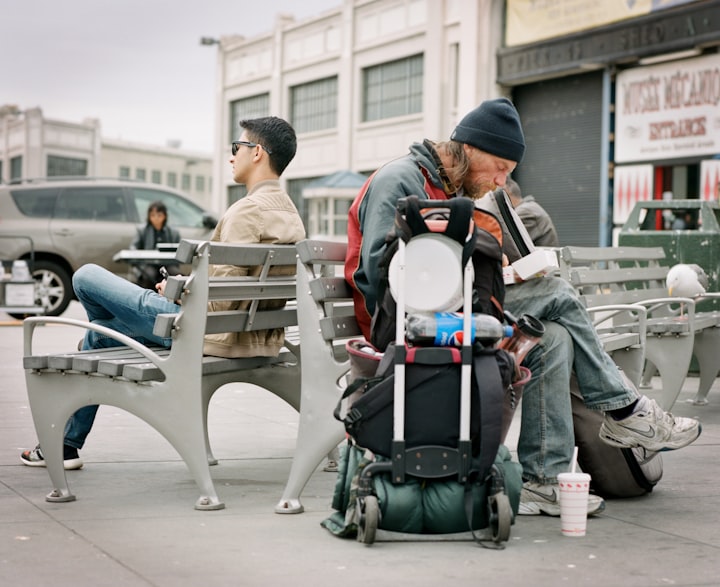5 Signs that you are in Denial about Addiction
Ignoring the signs of addiction is a good way to end up at the wrong destination.

Have you come across someone who is always in a state of "NO"? Someone who doesn't want to face any questions? Change the topic of a conversation, or just simply skimp it? If yes, then probably that person has entered a state of denial. Everyone, at some point in their lives, comes across this stage.
To understand the signs of denial, first, you have to know what is denial. It is a mental state where a person is in a defence mechanism of not accepting the currently ongoing state or circumstances, to safeguard himself. Refusing to agree with the current situation, many people choose this way to deal with their addiction, anxiety, stress and emotional turmoil.
You can be in a denial state for anything which makes you feel threatened and vulnerable. Generally, people who are dealing with addiction, any type of disorder, emotional or physical conflicts or financial crunch are in a denial state. Sometimes it is considered good as it buys some time to deal with your problems. But in most cases it is unhealthy. One such example where denial is considered unhealthy is the addiction to drugs and alcoholism.
When a person embraces an addiction to drugs or alcohol, he is certainly the last person to know that he is in a state of denial and needs immediate help.
For instance, denial related to addiction is classified into 2 categories.
*A person who knows, and realise that they are facing some problems. If encountered, they entirely refuse it.
*A person who doesn't realise or partially realise that they are facing some kind of problem. In this scenario, the person makes all the justifications to make himself believe that he doesn't have any kind of issues. And everyone in his vicinity addresses it.
Everyone, at some point in their lives, comes across the stage of denial. When they struggle with their inner conflicts. However, if acknowledge in time, it is short-lived.
Let's look at the signs in general where a person has entered the stage of denial about their addiction.
1. Avoid every conversation related to the problem
When somebody points out the issue, the person simply dodges the conversation, make excuses or try to change the topic related to the problem. When a small conversation related to the issue irritates the person, then probably he has entered a state of denial.
2. Blame others for the current situation
This is one of the most common excuses a person makes when they are dealing with addiction. They always blame someone else or circumstances for their current situation. They bring up stories from their past and try to associate them with the current scenario.
3. Justify themselves
The person always tries to defend by justifying their behaviour. They always find lame excuses and reasons to shield themselves. They try to link their addiction with mental peace and tranquillity. They think of this as a temporary solution to their problem.
4. False Future Promises
After many convincing sessions, the person finally comes to the terms that they are having some issue and they need help. But somehow they are still in the denial state. To convince others they make false promises that they will take assistance soon to overcome the issues. Though they do not take any action, this becomes their regular excuse.
5. Reluctant to accept any kind of Help
The person tries to judge everyone who wants to help you and take you out of your situation. They think the aftermaths of the scenario that "What will people say or how will they judge me." To avoid these kinds of thoughts they do not want to accept any kind of help coming towards them.
Conclusion
Denial is complex. If a person is willing, it can be treated with several therapy sessions especially designed for it. It is very important to address denial in the therapies to overcome the person's challenges they are facing to overcome it. People dealing with the addiction to drugs and alcohol find it hard to overcome it as they find a certain euphoria in it. It releases an excessive amount of dopamine which push the person to do the thing repetitively.
So if you find anyone near your vicinity, try to help them as they will be in Denial.
*This article is curated from the following Sources-
*Lastly, if you like my post, please leave a comment below and follow me for more such posts. Till then happy writing.
About the Creator
Madhurima Roy
My name is Madhurima. Passionate and avid writer. I write recipes, food, wellness, travel and health-related blogs. If you like my writing subscribe to me and like my posts.






Comments
There are no comments for this story
Be the first to respond and start the conversation.